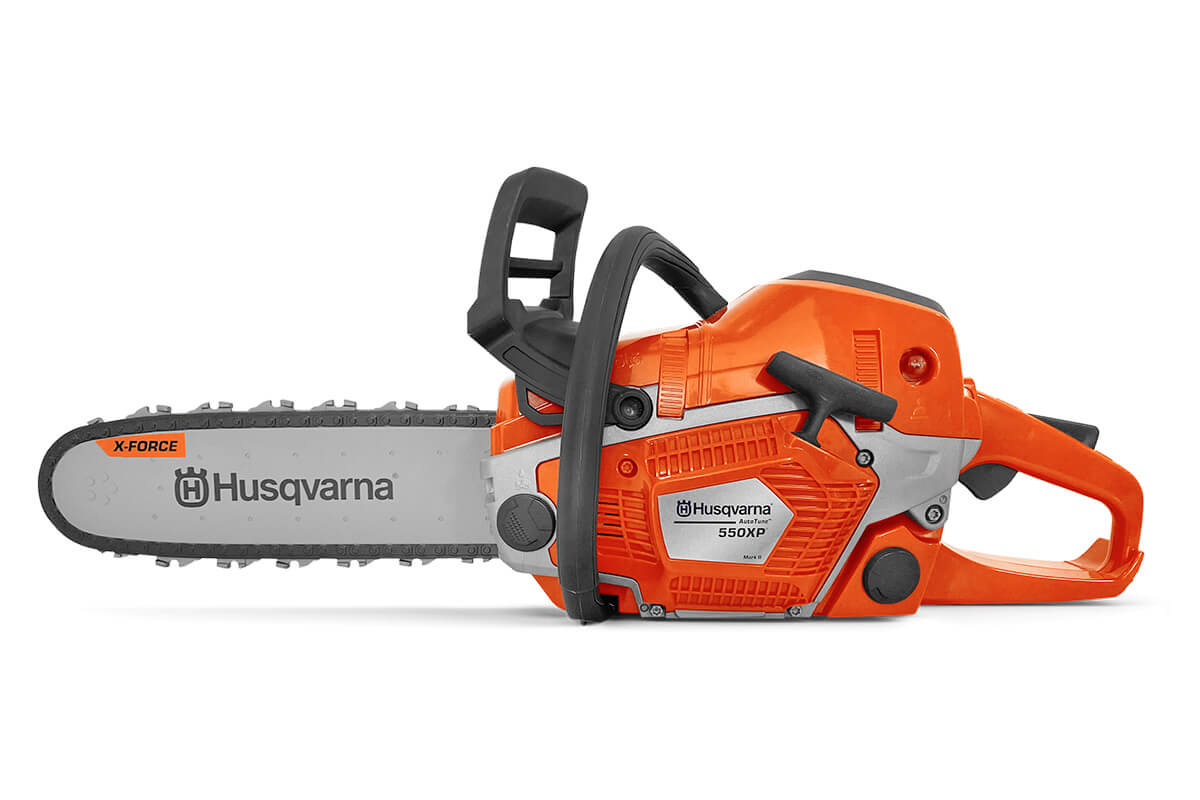Chainsaws are powerful tools that have revolutionized the forestry and construction industries. Whether you're a professional logger or a homeowner with occasional tree-cutting needs, understanding the lifespan of chainsaws is crucial. In this article, we will delve into the factors that determine how long chainsaws last, providing you with valuable insights to make informed decisions when purchasing and maintaining these essential tools.
- Quality of Materials and Construction:
The lifespan of a chainsaw heavily depends on the quality of its materials and construction. High-end chainsaws are typically built with durable components such as magnesium alloy bodies, hardened steel chains, and robust engines. These premium materials enhance the tool's longevity, allowing it to withstand rigorous use and harsh environments. - Maintenance and Care:
Proper maintenance and care play a vital role in extending the lifespan of chainsaws. Regular cleaning, lubrication, and sharpening of the chain are essential to prevent premature wear and tear. Additionally, following the manufacturer's guidelines for fuel mixture ratios, air filter cleaning, and spark plug replacement ensures optimal performance and longevity. - Frequency and Intensity of Use:
The lifespan of a chainsaw can vary depending on how frequently and intensely it is used. Professional loggers who use chainsaws daily may experience a shorter lifespan compared to occasional users. Continuous heavy-duty cutting, especially through dense hardwood, can accelerate wear on the chain, engine, and other components. It is important to match the chainsaw's capabilities with the intended workload to maximize its lifespan. - Environmental Factors:
Environmental conditions can significantly impact the lifespan of chainsaws. Operating a chainsaw in extreme temperatures, such as freezing cold or scorching heat, can strain the engine and other mechanical parts. Exposure to moisture, dust, and debris can also contribute to corrosion and premature deterioration. Proper storage and protection from these elements can help prolong the lifespan of your chainsaw. - Brand Reputation and Warranty:
Choosing a reputable brand known for producing high-quality chainsaws can increase the likelihood of a longer lifespan. Established brands often invest in research and development to improve their products' durability and performance. Additionally, selecting a chainsaw with a comprehensive warranty provides added peace of mind, as it ensures support and potential repairs if any issues arise.
Conclusion:
In conclusion, the lifespan of chainsaws is influenced by various factors, including the quality of materials, maintenance practices, frequency and intensity of use, environmental conditions, and brand reputation. By investing in a well-built chainsaw, following proper maintenance procedures, and considering the intended workload, you can maximize the lifespan of your chainsaw. Remember, a chainsaw is a long-term investment, and with the right care, it can serve you reliably for many years.
